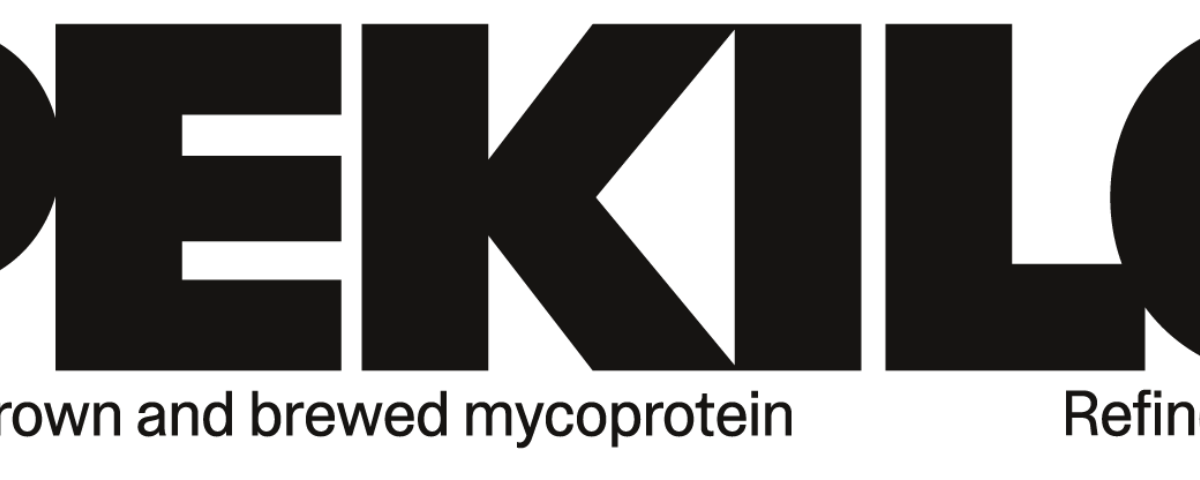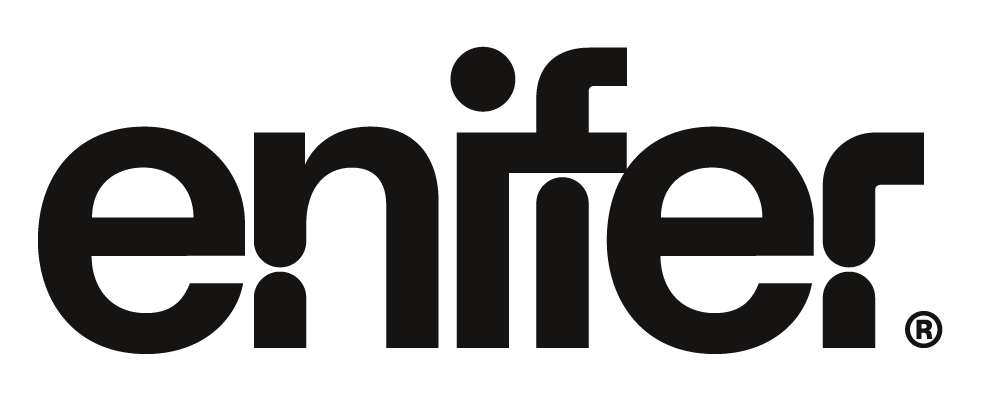





Keep this story going! Share below!
Enifer’s innovation is PEKILO®, a versatile, dry, shelf-stable protein powder derived from industrial upcycled byproducts. This circular solution reduces farmland use, ocean-derived proteins, and cattle-based proteins. The innovation contributes to SDG 2 by adding protein capacity, SDG 12 through upcycling side streams, and SDG 13 with a lower-carbon supply chain than conventional protein production. In addition, it supports SDG 14 by enabling aquafeed substitution of fishmeal, as well as SDG 9 by commissioning a replicable commercial-scale plant and fostering R&D for production technology.
PEKILO’s innovative process revolves around cultivating fungal mycelium in large fermenters and then drying the biomass into a long-lasting protein powder. The dry format keeps logistics simple and avoids cold-chain handling; partners can blend the ingredient into existing aquafeed and pet food, with human food subject to approvals. By adding dependable, practical protein capacity to supply chains, the work will contribute to Zero Hunger (SDG 2).
The key differentiator of this innovation is circularity. Instead of primary crops, ENIFER upcycles agrifood side streams such as lactose from dairy processing partners like Valio and streams from starch and ethanol refining, turning underused outputs into consistent protein. This advances Responsible Consumption and Production (SDG 12) and Climate Action (SDG 13) by reducing reliance on soy and pasture-based cattle protein linked to deforestation. As Simo explains, “We use byproducts from other industries, which makes our process more sustainable and cost-competitive.”
The concept revives a Finnish process from the 1960s and was relaunched in 2020 by a founding team led by CEO and cofounder Simo Ellilä. ENIFER is building its first factory in Kantvik, Kirkkonummi, Simo states, “We are building our first factory, at the site of an existing sugar refinery, that brings a lot of synergies.”. The design is industrial and replicable near side stream sources, which serve Industry, Innovation and Infrastructure (SDG 9). Additionally, PEKILO®Aqua, an aquafeed protein that can replace fishmeal and fish oil, reduces pressure on wild fish and supports Life Below Water (SDG 14).

ENIFER’s inspiration came from rediscovering a forgotten Finnish fermentation idea that once ran at an industrial scale, which was discontinued in the 90s. Simo’s experience within the sugarcane sector and the corn refining industries made him realize current opportunities for PEKILO® mycoprotein that did not exist in the 90s. He mentioned, “I knew there were large byproducts available, and we also recognized that there would be much more valuable markets available today”.
The deciding moment was when he met Heikki Keskitalo, another co-founder of Enifer, who had a broader understanding of the protein market and was also thinking about reviving PEKILO®. Simo explained, “When it really clicked was when I met Heikki… he could explain that… if you position your product correctly, you can add a lot of value to specific industries.”
Today, Simo leads the technical and scale-up path, while co-founder Heikki Keskitalo focuses on the business side. The duo found a circular way to add protein capacity by turning waste into valuable nutrients that people and animals can actually use. As Simo puts it, “The sustainability angle for us is built in the business case… it’s fundamental to what we do,” a reason they sometimes find generic ESG frameworks ill-fitting for a model designed to be circular from day one.
PEKILO® has different impacts on business, society, and the environment. For instance, ENIFER's first factory is scheduled to be fully operational in 2026 with a notable protein production capacity and a ready-to-replicate model. “We’re building our first factory… operational in the first half of ’26… producing about 500 kilograms per hour… about 3 million kilos a year.”, said Simo. At this rate, yearly output will reach around 3 million kilograms of PEKILO®, approximately enough protein for 40,000 people annually, and equivalent to around 30,000 cows’ worth of protein, with at least 20 times lower carbon emissions (Enifer, January 2024). Simo mentioned, “We’ve calculated that…it would satisfy the protein needs of about 40,000 people annually.” With these metrics, PEKILO® would remarkably impact the global protein gap and food security challenges.
In addition, PEKILO® is produced using renewable energy, with no utilization of new agricultural land, and negligible water requirements, translating into a low overall environmental impact and contributing to climate change action. By upcycling side streams rather than growing new crops, the model cuts waste and supports lower embedded emissions. Specifically, compared with soy protein, PEKILO® has a 90% lower total carbon footprint, consumes less than 99.5% water, and uses land more efficiently, 50000 times more protein per m2 than soybean fields (Enifer, n.d.). In the short term, PEKILO® reduces landfill and resource inefficiency, and in the long term, it contributes to climate action by cutting greenhouse gas emissions from conventional protein production, while also protecting marine ecosystems through reduced fishmeal use.
The innovation helps create a cost-efficient protein alternative, therefore attracting significant funding and grants. Enifer secured a total of about €36 million to build its first commercial plant, including a Business Finland grant of more than €12 million (Enifer, 2024a; Enifer, 2024b). As a result, the Kantvik factory is fully funded and designed to give Enifer credible manufacturing scale for multi-year B2B supply agreements and future plant replication. In parallel, ENIFER is preparing partnered deployments with processors handling corn, cassava, sugarcane, or wood-derived streams, expanding market access in feed and pet food.
In Brazil, Enifer and FS plan a pilot integrated with corn-ethanol operations that targets about 500 tons per year of PEKILO®Pet and PEKILO®Aqua (Enifer, 2025). This validates the replicability of the model outside Europe and creates an international commercial pathway for aquafeed and pet food. The company is steadily moving from R&D to industrial operations, and headcount and capabilities are scaling. For example, Enifer now employs roughly 30 people.
The innovation contributes to food security by adding a reliable, cost-effective protein alternative. At full capacity, the first Kantvik plant will produce the protein needs of roughly 40,000 people. Simo added, “we also accounted that it's about equivalent to all the fava beans produced in Finland today”.
In addition, PEKILO creates value from materials previously treated as waste, which allows partner industries to reduce their disposal costs and environmental harm. As Simo explains, “Dairy companies need to get rid of lactose, and often they have to pay for dumping it somewhere, whereas we can actually refine it into a useful source of protein.”
Other beneficiaries are food manufacturers across aquafeed and pet food, and their end users. They gain high-quality, easy to conserve protein that seamlessly integrates into already existing recipes. It also improves the flavor of plant-based foods, helping overcome one of the biggest barriers to consumer adoption, and makes sustainable diets more appealing. As Simo notes, “Our product doesn’t have the off flavors of some plant proteins, and it actually helps block them”.
Get stories of positive business innovations from around the world delivered right to your inbox.

Enifer is a Finnish biotech startup that produces mycoprotein from industrial side streams and sells it B2B for pet food, aquafeed, and is soon expanding into human food. The company collaborates with established industry players and turns agrifood byproducts into a sustainable protein alternative. Based in Espoo, it was founded in 2020 as a VTT spin-off by Simo Ellilä, Joosu Kuivanen, Heikki Keskitalo, Ville Pihlajaniemi, and Anssi Rantasalo.